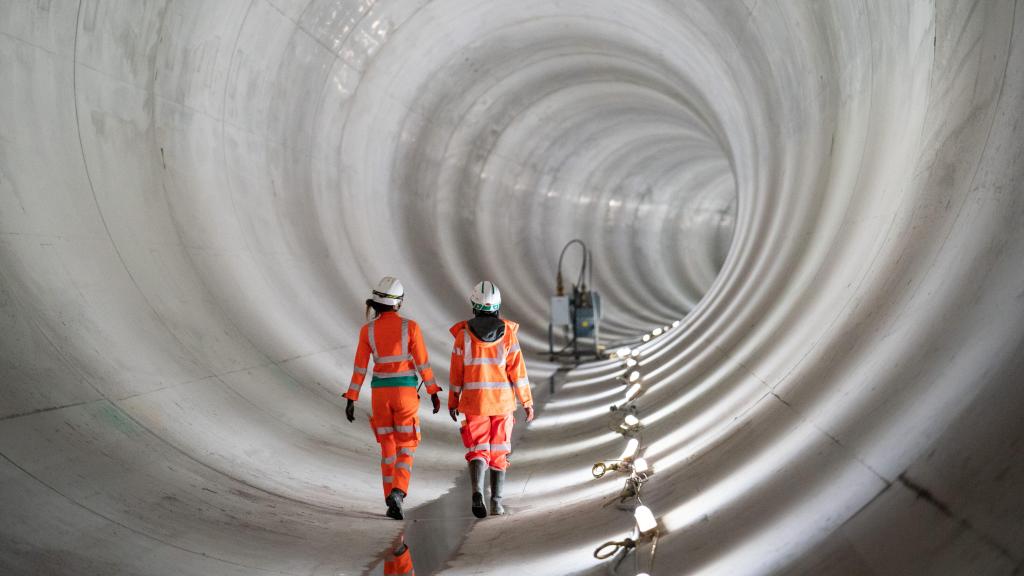UK Home Prices Experience Increase Following Temporary Dip Post Stamp Duty Holiday
In May, house prices in the UK saw an uptick, indicating that the recent downturn following the end of the stamp duty holiday was likely a short-term phenomenon, as reported by the nation’s largest building society.
The latest figures from Nationwide reveal that the average house price rose by 3.5% year-on-year in May and by 0.5% compared to April, bringing the average value to £273,427.
This increase comes after a larger-than-anticipated decrease of 0.6% in April, which many attributed to a rush of buyers trying to take advantage of the stamp duty relief before its expiration. Meanwhile, the annual growth rate in house prices eased to 3.4% from 3.9% in March.
Robert Gardner, the chief economist at Nationwide, commented, “Data on mortgage approvals indicates that market activity is holding steady in the wake of the stamp duty holiday conclusion. Despite challenges posed by global economic uncertainties, the fundamental conditions for potential home buyers in the UK remain favorable.”
He highlighted that a strong job market, wage growth surpassing inflation rates, and reduced borrowing costs are contributing to a robust housing market. Recently, the Bank of England lowered interest rates from 4.5% to 4.25%—marking the fourth rate reduction since August 2024.
Alex Kerr, an economist with Capital Economics, noted, “The rise in Nationwide house prices supports the view that the recent lull in the housing market was merely a temporary setback rather than a significant downturn resulting from a bleak economic outlook.”
According to property search platform Zoopla, estate agents reported higher activity levels in May, the busiest since the post-lockdown surge in 2021, as an increasing number of prospective buyers return to the market, motivated by more attractive mortgage rates. The platform indicates a notable increase in sales last month, with improved mortgage rates and availability, alongside a wider selection for buyers. There are currently 13% more properties on the market compared to spring 2024, and many sellers are also seeking to buy.
Anthony Codling from RBC Capital Markets remarked, “While the summer months are generally quieter for real estate compared to spring, rising prices may lead to a heightened sense of urgency among buyers, boosting housing market activity.”
As of April 1, first-time buyers in England and Northern Ireland must now pay stamp duty on properties costing £300,000 or more, a decrease from the previous threshold of £425,000. Additionally, the threshold for other buyers has shifted from £250,000 to £125,000.




Post Comment